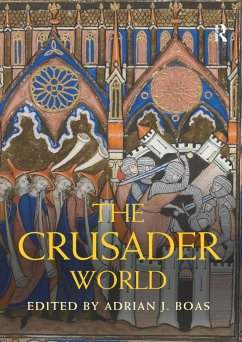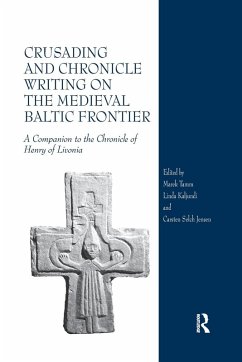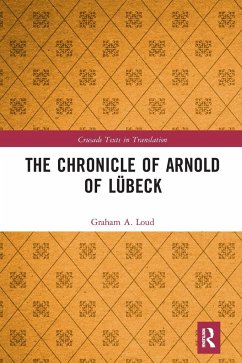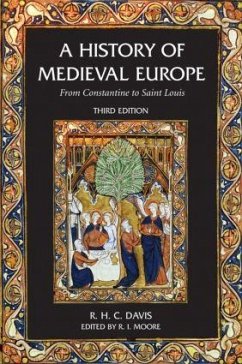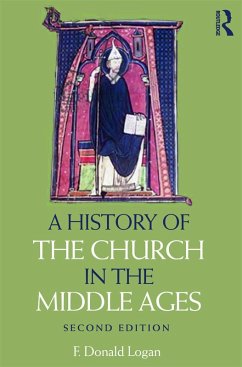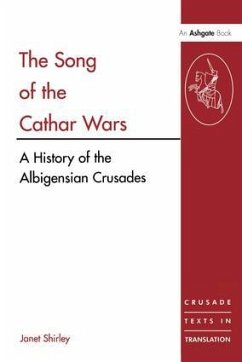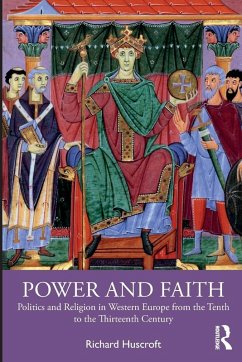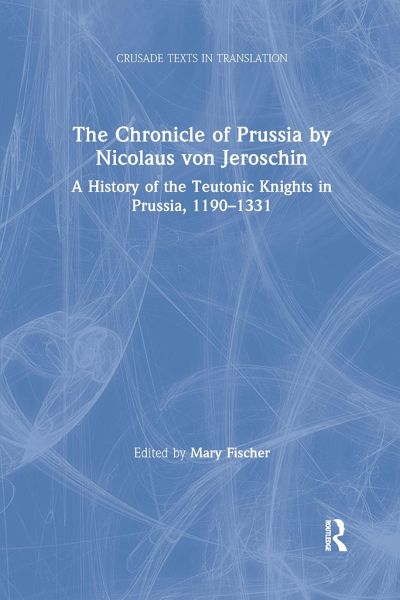
The Chronicle of Prussia by Nicolaus von Jeroschin
A History of the Teutonic Knights in Prussia, 1190-1331
Herausgegeben: Fischer, Mary
Versandkostenfrei!
Versandfertig in 6-10 Tagen
46,99 €
inkl. MwSt.
Weitere Ausgaben:

PAYBACK Punkte
23 °P sammeln!
This is the first English translation of the 'Chronicle of Prussia', which was written by Nicolaus von Jeroschin, in middle German verse, during the period from 1330 to 1341. It is a history of the Teutonic Knights, encompassing the period between the foundation of the order, in 1190, and 1331. The translator's introduction sets the work in its historical and cultural context. The text was written at the instigation of the Grand Master of the Teutonic Order, to make an account of the ethos and history of the order's conquest of Prussia available 'to all German people'. Its purpose was to remin...
This is the first English translation of the 'Chronicle of Prussia', which was written by Nicolaus von Jeroschin, in middle German verse, during the period from 1330 to 1341. It is a history of the Teutonic Knights, encompassing the period between the foundation of the order, in 1190, and 1331. The translator's introduction sets the work in its historical and cultural context. The text was written at the instigation of the Grand Master of the Teutonic Order, to make an account of the ethos and history of the order's conquest of Prussia available 'to all German people'. Its purpose was to remind the order's knight brothers and its supporters of its origins and past achievements, but above all it was intended to establish the legitimacy of Prussia as a locus for crusades, setting the scene for the order's 'golden age' in the second half of the fourteenth century. The chronicle's content is divided into three sections: it opens with a description of the founding of the order in Acre. There follows a discourse on the nature of spiritual and earthly warfare, which echoes the ideology of crusading warfare first articulated by Bernhard of Clairvaux in his treatise De laude novae militiae. The final, longest, section recounts the wars of the Teutonic Knights against the Prussians and Lithuanians from 1230 until the narrative breaks off abruptly in 1331. The chronicle is the main historical source document for the period it covers and was widely disseminated during the fourteenth and fifteenth centuries. It is also an engaging and lively account of warfare and colonisation on the eastern frontier of Latin Christianity.





